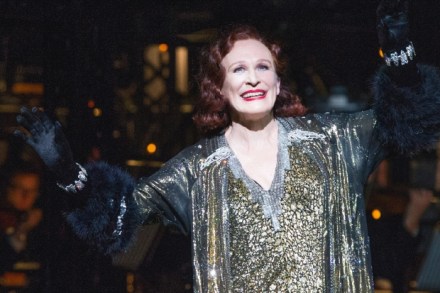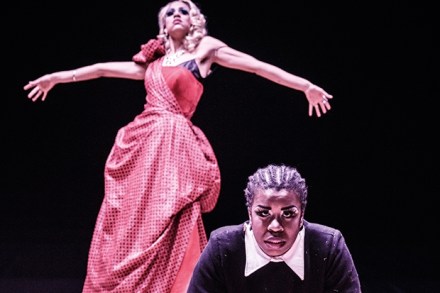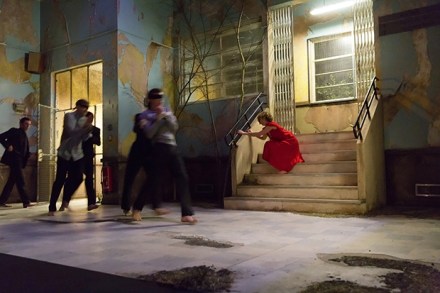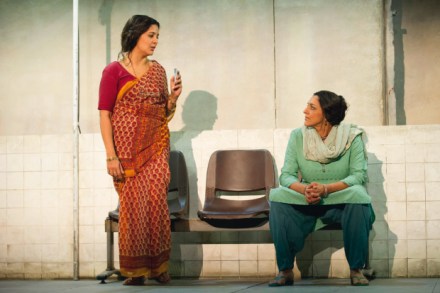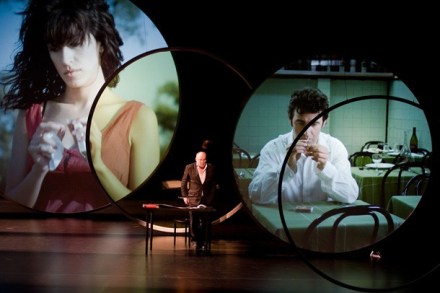Literary lap dance
Great excitement for play-goers as a rare version of a theological masterpiece arrives in the West End. Doctor Faustus stars Kit Harington, a handsome, bearded bantamweight with round glasses and rock-star curls. We first meet him wearing a grey hoodie and lounging in a bedsit surrounded by cheap Catholic statuary. The druggy clothes and the religious iconography suggest a criminal Jesus-freak, possibly of Mexican origin, hiding out from cocaine dealers. Marlowe’s creation is somewhat different. Dr Faustus is a medieval potentate, a scholar of genius, a rich and celebrated German polymath admired by emperors and cardinals, who decides to exchange his earthly ambitions for the chance to wield supernatural powers







